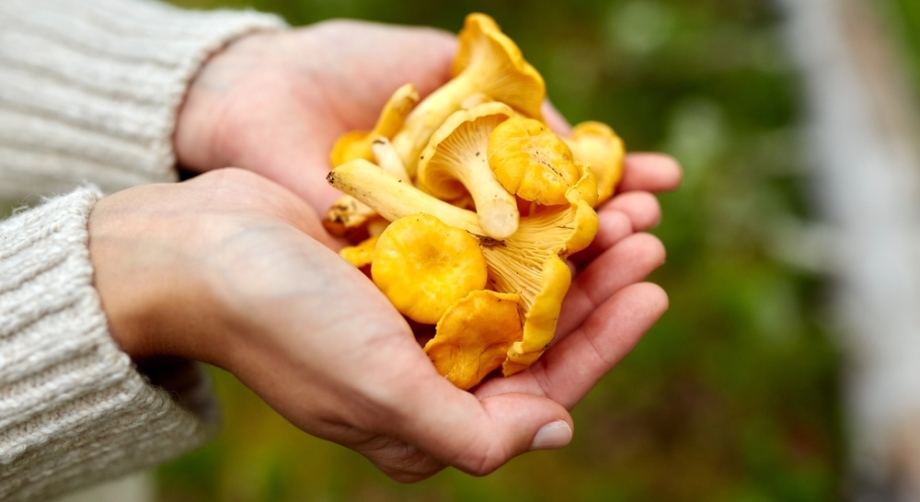
Foraging is usually an activity associated with wild animals, that is, their search for wild food resources in their natural habitats, which is essential for their survival and reproduction.

Nevertheless, it has also always been part of human behavior in past times. For instance, certain peoples — typically called hunter-gatherers or foragers — would look for edible plants, herbs, fruits, or mushrooms in natural environments, such as in forests, woodlands, mountains, plains, near water bodies, and so on.
Foraging for small seafood along the coast near the sea, or other easy to catch food resources such as river mussels along riverbeds are likewise human foraging activities. But also insects, honey, bird eggs, and fish may be targets of foraging. In fact, research has shown that hunting and gathering was mankind’s original and most enduring adaptation in Nature, occupying at least ninety percent of human history.
Yet, it doesn’t stop there; local, freely and naturally available plants can serve for many aspects of life, certainly not only food, but also as medicines, intoxicants, (parts of) housing, energy/heat resources, or clothing, to give some examples.

Today, foraging is perhaps less common as a necessity in life, but it has nevertheless got a popular recreational value. Think, for instance, of people who like to go mushroom hunting i.e. mushroom foraging, look for wild herbs (for seasoning or medicine), or pick wild fruits (berries, nuts, chestnuts, cherries, and so on).
Foraging can give us more awareness of natural environments and bring us closer to Nature, make us enjoy and learn from Nature, and it often brings us a sense of excitement and adventure through finding our own (free) food.
Additionally, it’s a healthy physical and mental activity that gives us plenty of vigorous movement, fresh air, improved focus and concentration ability, and an often much needed carefree and stress-free distance from our day-to-day life.
At any rate, although foraging is fun and usually for free, there are some codes of conduct you should try to take into consideration. For instance, don’t take more than you can consume, minimize damage to the environment and /or plants, seek permission if applicable, collect only from plentiful populations i.e. leave enough behind for animals that depend on it, and check if species are protected by law.


 Find themed health, wellness, and adventure holidays around the world.
Find themed health, wellness, and adventure holidays around the world.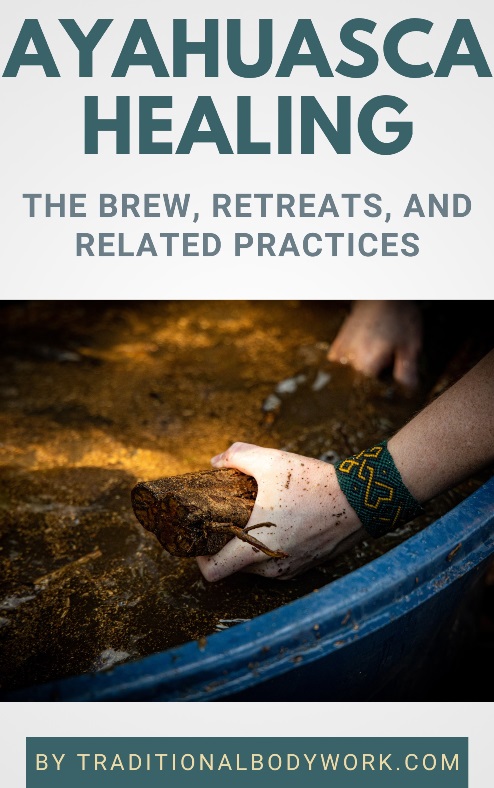


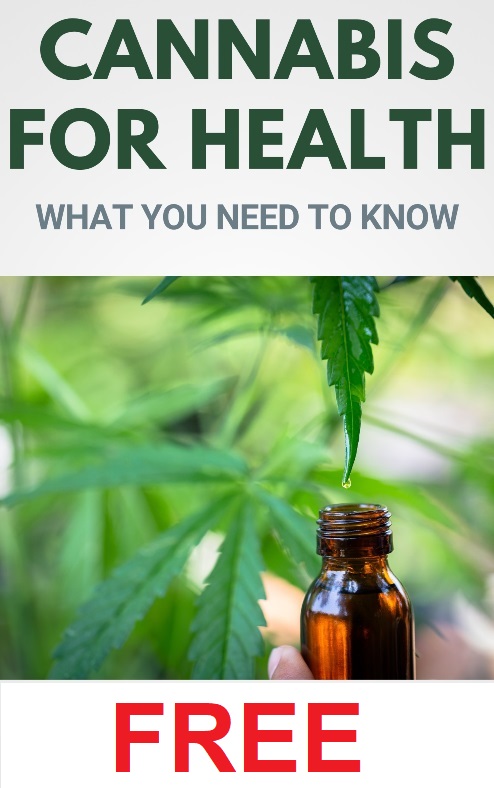

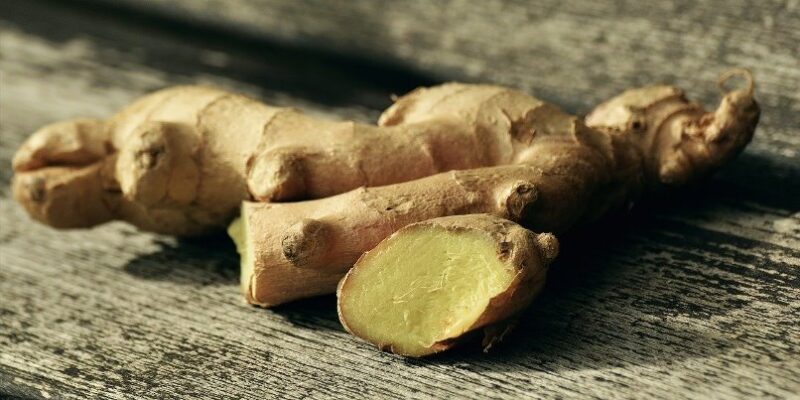


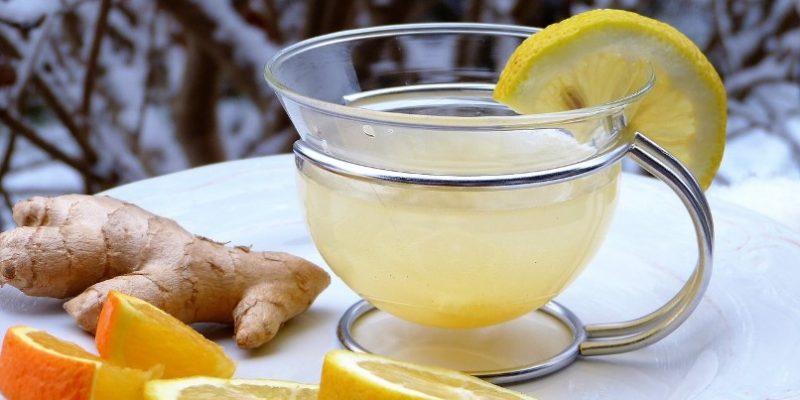

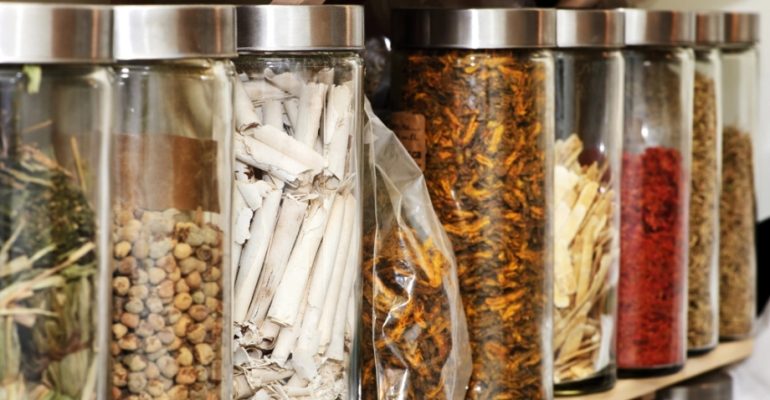
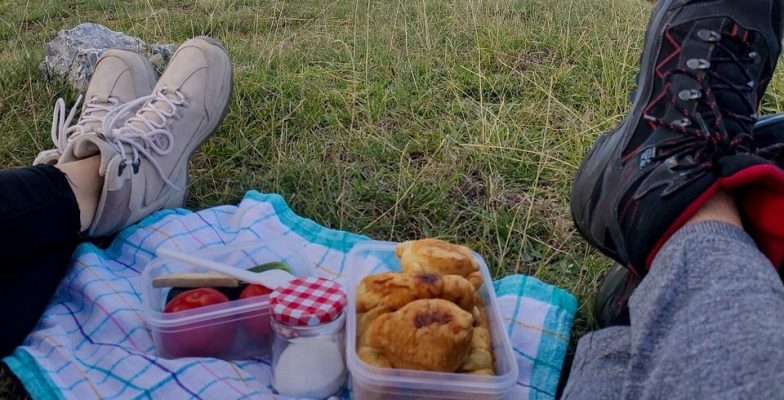

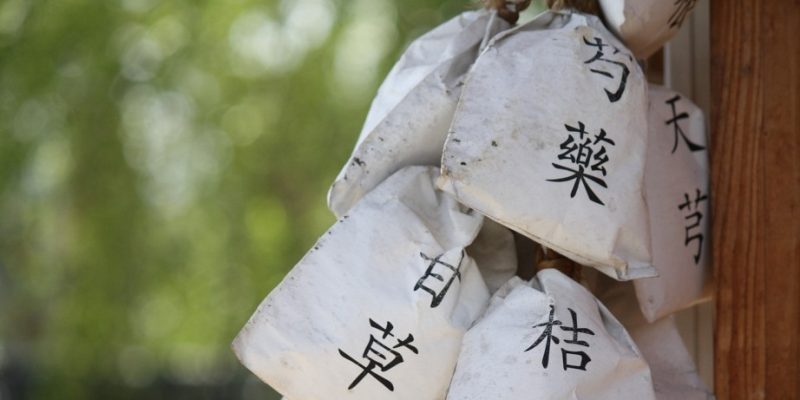
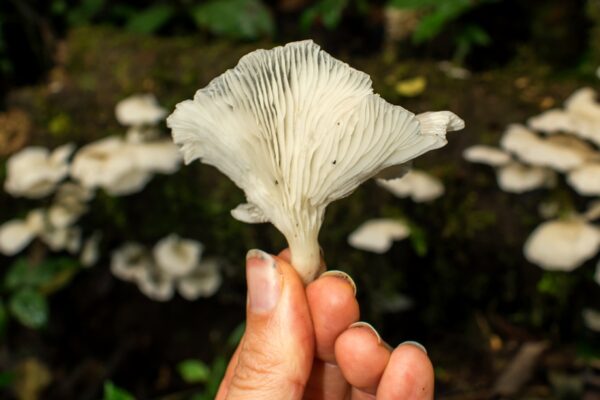

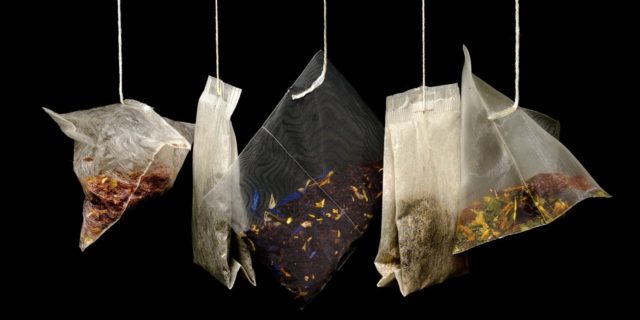
 Find themed health, wellness, and adventure holidays around the world.
Find themed health, wellness, and adventure holidays around the world.